US Chamber Gets New Online Piracy and Anti-Counterfeiting Chief
By all accounts, online piracy of software, movies, and music is on the upswing and becoming ever more sophisticated, but that doesn’t daunt Steven Tepp. Tepp has just joined the US Chamber of Commerce in Washington DC as its first senior director for internet piracy and counterfeiting. His job wil
SAN FRANCISCO, July 29, 2010 –By all accounts, online piracy of software, movies, and music is on the upswing and becoming ever more sophisticated, making efforts to crack down on pirates ever more challenging — but that doesn’t daunt Steven Tepp.
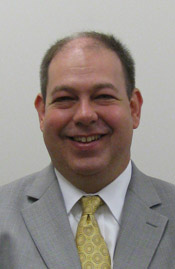
Steven Tepp is the US Chamber of Commerce's new senior director for internet piracy and counterfeiting.
Tepp has just joined the US Chamber of Commerce in Washington DC as its first senior director for internet piracy and counterfeiting. His job will be to lead the Chamber’s efforts to battle the phenomena on behalf of its members.
The new role puts him in the Chamber’s Global Intellectual Property Center, a team of 20 people headed up by David Hirschmann, GIPC’s chairman and CEO.
“They brought me in to generally help reduce online infringement, and I’ve got some opportunities to come up with some innovative ways to do that,” Tepp said in an interview, though he said he had no specific details to share yet.
Tepp joined the group just over a week ago from the US Copyright Office, where he worked for 11 years both on domestic and international copyright policy issues.
Most recently he provided policy advice to the United States Trade Representative for its negotiations over the Anti-Counterfeiting Trade Agreement, a few portions of which have become controversial among technology companies and people in the non-profit community worried about what the agreement’s sections on patents would do to access to medicines.
The ACTA is one legal tool that the US and several of its trading counterparts around the world hope to use to crack down on online piracy and counterfeiting. The US Chamber has endorsed the USTR’s efforts. (For his part, Tepp himself won’t be working on ACTA issues. Rob Calia, the Chamber’s director of counterfeiting and piracy will.)
The agreement, between the United States, Europe, Japan, New Zealand, Morocco and several other countries (but notably not China or Russia) aims to improve the way participating countries’ governments crack down on counterfeiting. But it also includes enforcement provisions regarding digital piracy that make Silicon Valley’s legal counsels quake. They worry that the agreement in its official April incarnation could expose technology companies to gargantuan financial penalties both directly and as a result of the activities of their users.
As a behind-the-scenes shaper of US copyright policy since his start in 1994 on Capitol Hill as an aide to Utah Senator Orrin Hatch, Tepp readily acknowledges that formulating and enforcing copyright law in a digital world often results in controversy.
“But I honestly don’t think that it needs to be that way,” he said. “There are areas where pretty much everyone can agree. For example, I think it’s pretty reasonable that we can say that we ought to take action against a web site that knowingly traffics in infringing goods, especially when that site is reaping profits from that infringement, and that’s the sort of thing where I hope to be able to take effective action.”
The good news for Tepp is that strong intellectual property protection is the one policy issue on which the Chamber and the Obama Administration appear to agree upon. The Chamber has called on the administration to conclude the ACTA negotiations by the end of the year.
President Obama stated his administration’s commitment to ACTA earlier this year, and the USTR’s office has said that it plans on achieving the goal of striking a deal by year’s end.
As required by law, the Obama administration also has appointed an intellectual property czar in the form of Victoria Espinel, who is tasked with better co-ordinating enforcement efforts across the government. Her office issued a 65-page report earlier this year outlining how the Obama administration is committed to protecting and promoting America’s idea-fueled economy.
One of the many initiatives the report outlines is the creation of a Justice Department task force whose focus is to shut down “rogue” web sites and figure out other ways to go after online pirates. The Chamber has said that it plans on working with Justice.
Many technologists have criticized Washington policymakers for focusing solely on piracy when it comes to updating copyright law for the digital age. But Tepp notes that this is not a new phenomenon. Every new technology has stoked copyright holders’ fears about theft of their work — even though new technologies also present new opportunities.
“The internet is not only a new medium for creating new works — it’s also an unparalleled device and distribution network for infringing copyright,” Tepp said. “But it’s also an incredible opportunity for consumers, and publishers, and IP owners to find new markets, and to find works that decades ago would have been difficult, if not impossible, to track down.”

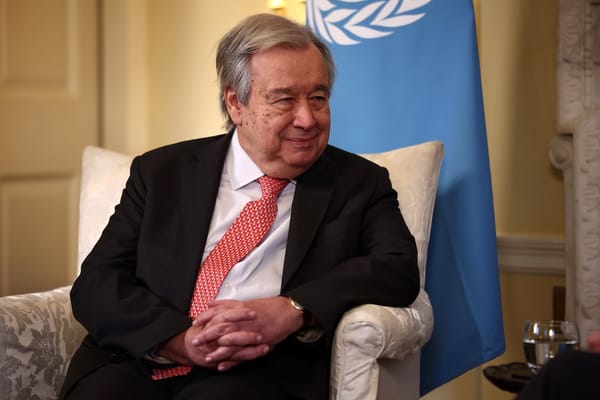

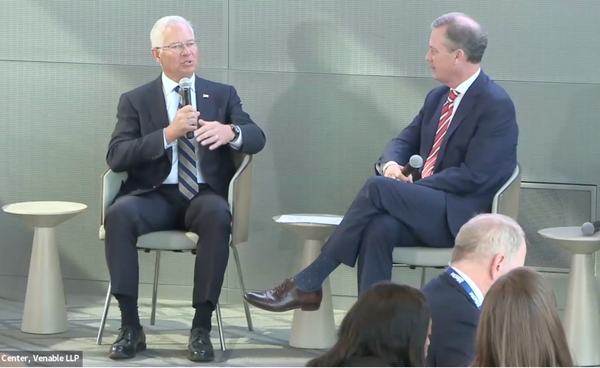

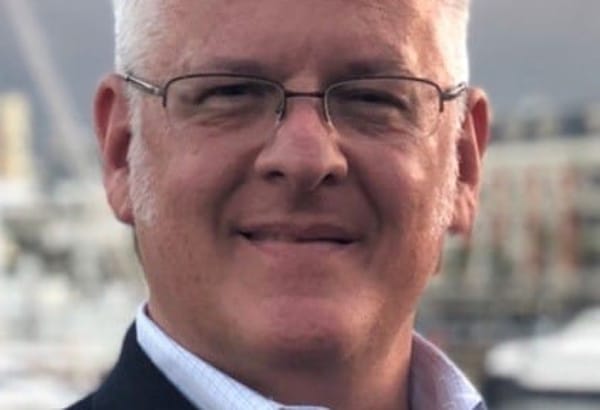

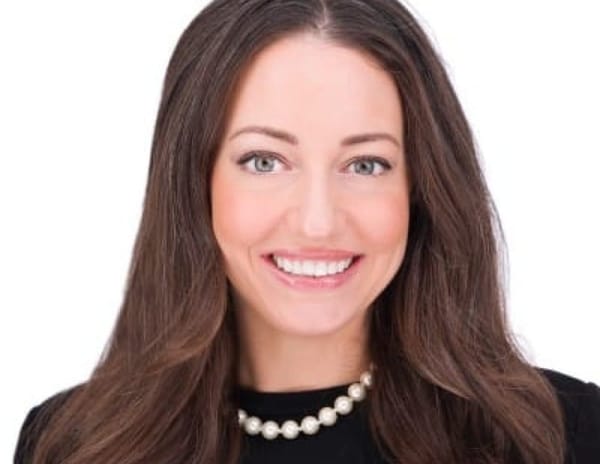
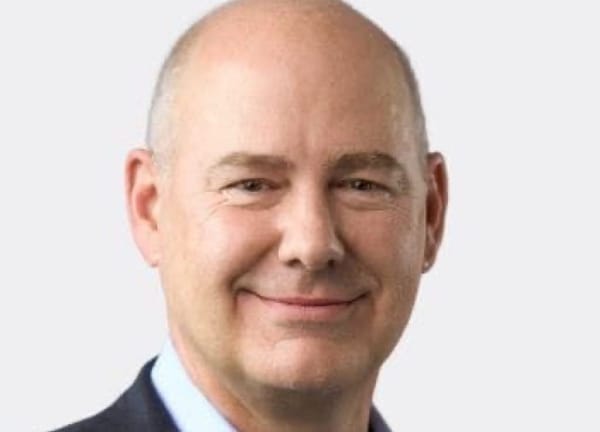
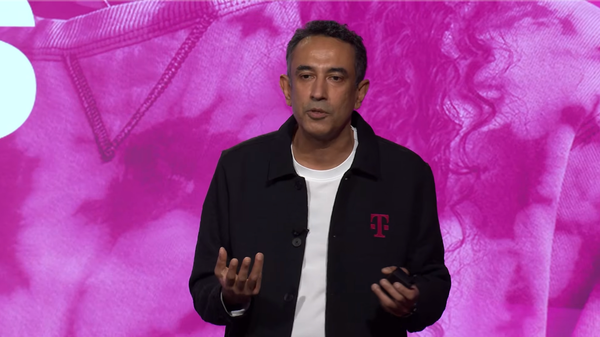
Member discussion